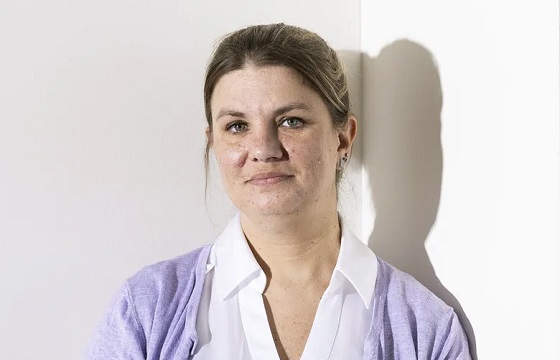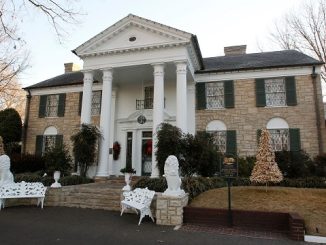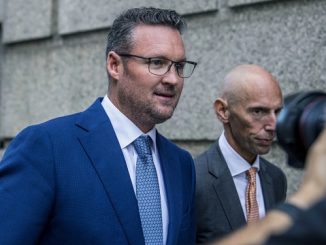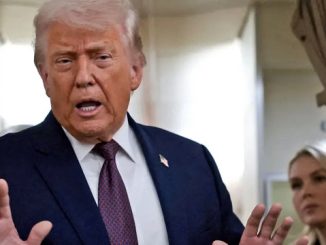
US prosecutors have charged 47 people in the largest Covid relief fraud scheme alleged to date.
The suspects are accused of stealing $250m (£220m) from a government aid programme that was supposed to feed children in need during the pandemic.
They allegedly spent the spoils on properties, cars and luxury goods.
A Minnesota non-profit organisation, Feeding Our Future, is accused of orchestrating the plot. Founder Aimee Bock denies any wrongdoing.
A lawyer for Ms Bock told the BBC: “We have maintained our innocence from the first day.”
He said the indictment was “merely the beginning of the criminal process” and represented a “mere allegation”.
FBI Director Christopher Wray said this “egregious plot” was the largest of its kind uncovered so far.
The suspects are alleged to have issued bills for meals they did not serve to children who did not exist, said the Department of Justice (DoJ) in a statement.
They allegedly did so by exploiting a government initiative through which private restaurants could claim funding to distribute food under the sponsorship of non-profit organisations.
The defendants are said to have bribed employees of Feeding Our Future to sponsor numerous sham distribution sites.
These sites claimed to be serving meals to thousands of children a day within just days or weeks of being formed, according to the DoJ.
But they were instead submitting false paperwork using bogus children’s names, some of which were taken from a website, www.listofrandomnames.com.
The group used the proceeds to buy luxury cars, as well as property in the US, Kenya and Turkey, and to fund international travel, the DoJ said.
The alleged fraudsters face charges including wire fraud, money laundering and bribery.
US Attorney General Merrick Garland said the DoJ would continue to crack down on those who had “exploited the pandemic for personal gain”.
In March, the DoJ said it had brought over 1,000 criminal cases involving losses of $1.1bn – and was involved in civil litigation alleging fraud in more than $6bn of loans.
Source: bbc.co.uk






Be the first to comment